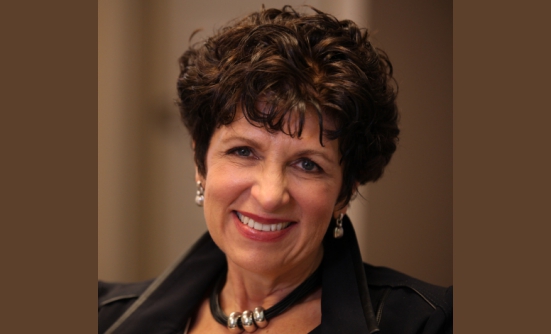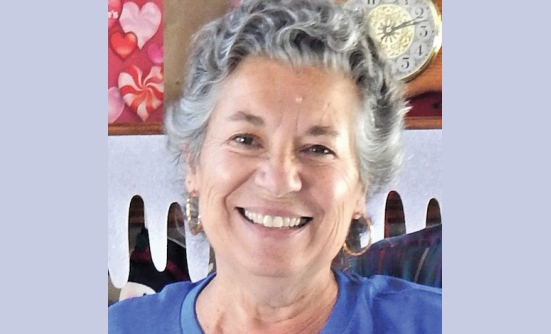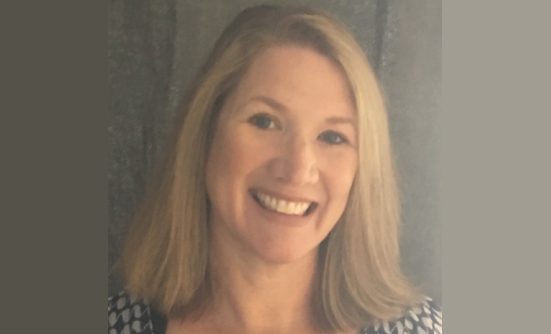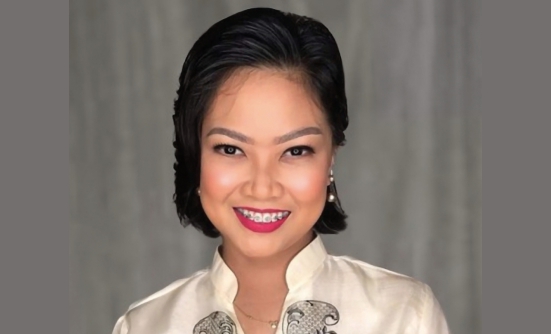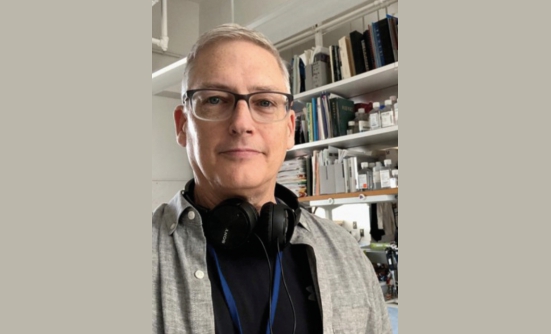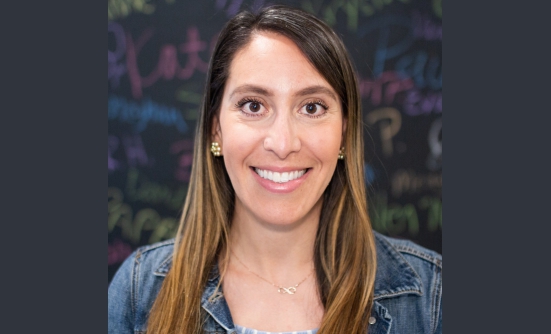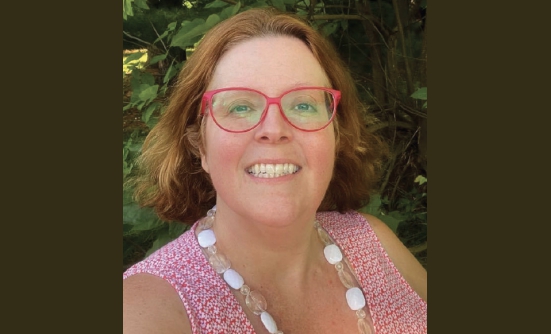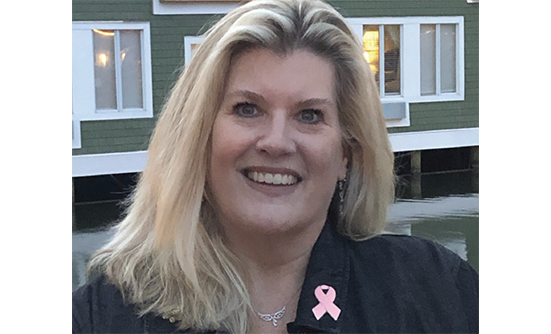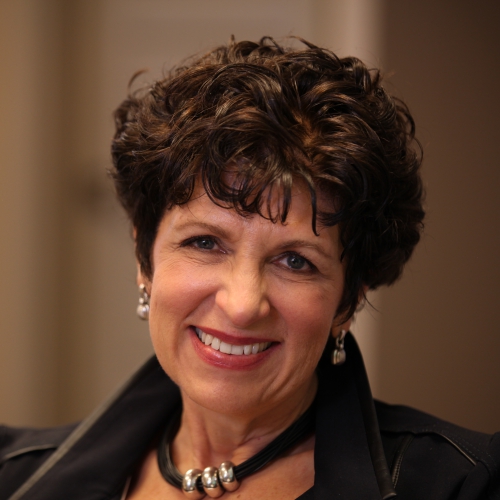
As Audrey Guth sat in a salon getting her hair done, she picked up a magazine to absentmindedly flip through. One of the articles caught Audrey’s eye—it was about the danger of being exposed to radiation on your face or neck as a child.
Audrey was exposed to radiation as a child when getting treated by a dermatologist, but she had never thought of the potential long-term consequences, until that moment.
Radiation Exposure as a Child
Audrey offhandedly mentioned the article to her doctor at her next primary care appointment. Rather than brushing her off, her doctor ordered blood work and CT scans. That’s how she found out she had thyroid cancer.
Audrey needed a thyroidectomy, a surgical procedure to remove her thyroid, which will remove the tumor.
“I really didn’t think that it was such a big deal,” Audrey said. “It was something that we could take care of surgically, and it was over.”
A few years later, Audrey found a lump in her breast and was diagnosed with breast cancer. The initial diagnosis was ductal carcinoma in situ, or DCIS for short, but after having a lumpectomy (surgery to remove cancerous tissue around the breast), her doctors realized that this did not achieve the goal of clearing all the cancer in the margins, and another surgery was needed.
During this second procedure, the doctors found invasive breast cancer. So Audrey had another lumpectomy to remove the invasive cancer around the breast, which was followed by radiation.
Audrey’s “Aha!” Moment: Moms and Cancer
As she sat in the hospital waiting to be called back for one of her treatments, Audrey noticed a young mom sitting across from her, with a toddler in-tow. The woman was fighting her own battle with cancer, but as can be expected, her child was too young to notice, using her mom as a jungle gym—climbing up and down her frail body.
Audrey’s 4 children were already young adults at that point, and she knew that when her radiation was done, she could go home and rest but, she wondered, would this mom ever get the chance? As all parents know, when you have a toddler, there is no time off.
This led her to think about what a scary place the hospital must be for the child, and the difficult journey he was experiencing himself, as his mother was undergoing treatment.
Audrey knew that from experience. Her dad died from cancer when she was 12. “Nobody talked about it, and nobody knew how to talk to us about it,” she said.
When the roles were reversed many years later, and she was the parent fighting cancer, Audrey still was not sure of the best way to talk to her kids about cancer. Looking back, she wishes her children had a safe place to talk about their feelings.
“I was so scared myself, and I didn’t realize how scared they were,” she said.
“I only wish I would have been able to answer their questions, and tell them I’m doing everything I can to get better, and I’m trusting that my doctors are giving me the right treatment, and I hope that we will end up at a place where we can put this behind us.”
Reflecting back on those days, she said, “I wish I had had those words, but we don’t know everything. I think I could have spared them a lot of anxiety and a lot of fear.”
Simple Concept, Big Impact: The Nanny Angel Network
Audrey, who owned a nanny agency, knew she could help women like the one in the waiting room. By providing childcare to mothers undergoing cancer treatment, it was one less thing they had to worry about.
“The first thing that goes through your mind after being diagnosed with cancer is, what’s going to happen to my children? How are my children going to be okay?” Audrey said.
So, she launched the Nanny Angel Network to provide in-home care for children whose mothers are undergoing cancer treatment. The program provides 4 hours of home care a week to moms, who can use that time to go to appointments, rest, or do anything else.
During that time, the volunteers, who are specially trained in therapeutic play activities, are able to give kids the opportunity to share their feelings in a safe and an age-appropriate way.
“We are supporting moms through supporting their children and ensuring that they are going to be okay through this, through their cancer journey, however it may end.”
Audrey and her team hired a child life specialist and developed a program for children that will help them build resiliency, have some sense of normalcy, and be kids just a little longer.
Audrey also got to work answering the question that has been following her since her father passed away: how to talk with kids about cancer.
“If you don’t tell kids the truth, and you don’t share, they are so perceptive, they make up their own stories, and their own stories are much worse than the truth,” she said.
“Kids are so resilient, but they learn not to trust if they think you are hiding something from them. So, a big part of our program now is teaching moms how to have the cancer conversation with their kids, and to support them through the conversation, if there is a likelihood that they are not going to survive their cancer journey.”
Winner of Astellas Oncology 2019 C3 Grand Prize
When Audrey first launched Nanny Angel Network in 2009, it was a breast cancer organization, but during the first 2 years, they had so many requests from women with different types of cancers, that she just could not say no.
The Nanny Angel Network now provides $1,000 to all children in the program to go to the camp of their choice, to give their moms a break, and to give the children a sense of normalcy. The program also provides a year of support for the family if the mother dies.
In 2019, Audrey was the Grand Prize Winner of the Astellas Oncology 2019 C3 (Changing Cancer Care) Prize—a global challenge that sparks cancer care innovations beyond medicine to advance ideas that make a big impact in the cancer community. The award is open to anyone with a great idea that brings solutions to challenges faced by people affected by cancer.
This year, the program is looking for ideas that will ease the burden of COVID-19 on cancer care and address health disparities affecting patients with cancer and caregivers. The program will award $200,000 in grants and resources to help winners advance their ideas to the benefit of the cancer community.
With the COVID-19 pandemic in full swing, Audrey and the Nanny Angel Network relied on the money from the Astellas Oncology C3 Prize to adapt to a changing care landscape.
With most in-person activities halted, the organization has delivered meals to families dealing with cancer, created a virtual “Homework Club” to help the kids, and started an online support group with a nurse navigator for moms with cancer.
“We realized the moms are so isolated. For a ‘normal’ person to go through this pandemic and to lose your support network is hard, but imagine a single mom with kids at home, who is in the middle of treatment, who now has to help with school or kids, cook or arrange food for their children, and has no support network or anybody that is coming to see them,” Audrey said.
“The support group has become a sisterhood. It’s really been, I think, a lifeline for many of the moms in the program. That’s why we won the C3 Prize, because it’s so simple. The concept is so simple. Childcare is so simple, yet important.”





